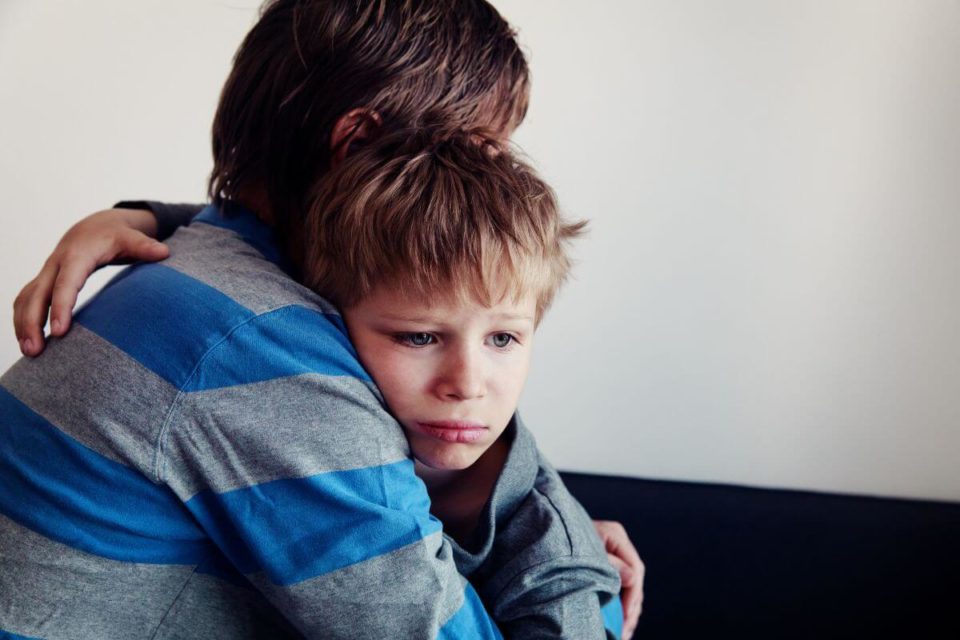August 20, 2018
A Beginners Guide to Children’s Mental Health
Written by Rachel Eddins
Posted in Parenting & Family and with tags: children, family, parenting

Children are curious by nature and as parents, it’s our job to help them comprehend their environment. However, it’s not always an easy task. Some topics are easier than others to discuss. Conversations surrounding children’s mental health are transforming from taboo to acceptable, but with stigma and judgment attached to it, it can be difficult to know where and how to begin. While it is reasonable to feel uncomfortable when these topics come up, there are strategies that can help us feel more confident in our discussions when guiding our children.
When your child approaches you:
 In the most opportune scenario, your child may approach you with concerns about their thoughts and feelings. If this happens, it’s important to be as receptive as possible. Kid’s Health suggests that parents:
In the most opportune scenario, your child may approach you with concerns about their thoughts and feelings. If this happens, it’s important to be as receptive as possible. Kid’s Health suggests that parents:
- Communicate with kindness — and agree to ban hurtful criticism, arguments, threats, and putdowns
- Remind their children that you love them and believe in them
- Comment on positive actions and traits
- Talk through problems together
When you approach your child:
Alternatively, your child may be apprehensive to talk to you about what they’re experiencing. This is often due to fear of judgment or simply not knowing how to put their feelings into words. As a parent, it’s critical to be aware of changes in behavior, and take action to provide your child with the necessary help they may need if you notice signs of potential mental illness developing.
The next steps:
Even the most productive conversations may still lead to the need for professional help. Be an advocate for your children’s mental health by helping them find a trusted counselor or therapist that can work with them on different behavioral therapies, or consult a doctor who may prescribe a medication regimen.
Talking about children’s mental health can be difficult for parents too, so prepare yourself with educational mental health tools in order to foster effective conversations with your child’s doctor. You might consider writing down questions to ask like, “What is depression?” “Why is my child depressed?” or “What treatment options are available?”
It’s important to continue to guide our children outside of a doctor’s office too. Encourage children to engage in healthy habits that will improve their overall well-being like getting an adequate amount of sleep, eating mood-boosting foods, exercising, and journaling. Show your child that you’re dedicated to supporting them by joining in on their self-care journey. You can make an evening dedicated to self-care with minimal effort. Forgo fast foods that are linked to depression, anxiety and other mental illnesses. Instead spend time together cooking a meal full of brain-boosting nutrients. Sit down at the dinner table for family meal time where you can unplug from smartphone devices and have real, caring conversations. Go the extra mile (literally) by taking a post-dinner walk or bike ride around the neighborhood. Remember, self-care is vital and is best executed with support.
Seek help for your children’s mental health
The stress that often comes with change can impact the whole family, making both kids and parents feel confused, tense and overwhelmed. The good news is that you don’t have to try to navigate family issues on your own. Eddins Counseling Group, located in Houston, TX, offers parenting, teen, child, and family therapy to help your family feel more connected. Call us at 832-324-2089 for more information or book an appointment online.
















